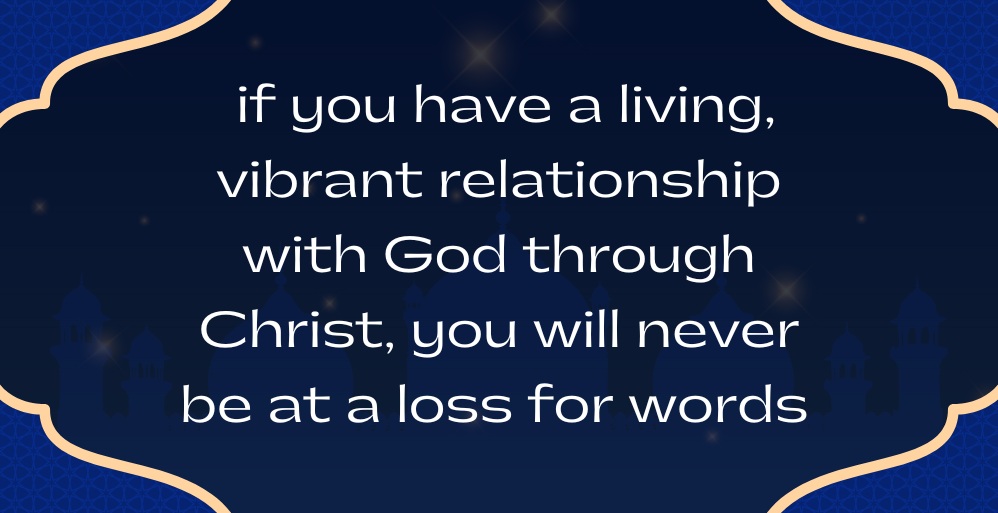God doesn’t desire more of our time, sometime, He desires more of our attention all the time.
Ever feel frustrated because you hear messages about getting closer to God and you definitely desire this for yourself, but you are inundated with so much to do already that this only makes you feel guilty because you are too busy for God? I think we all feel this at one time or another.
Some of you may need to carve out some time out of your busy schedule for more specific time to be with God, but that isn’t necessarily the only answer to this question. Look at the following scriptures:
“I have set the Lord always before me.” Psalm 16:8 (NIV)
“My eyes are ever on the Lord.” Psalms 25:15( NIV)
“I will extol the Lord at all times; His praise will always be on my lips.” Psalm 34:1 (NIV)
Reading these words makes you wonder if these are the words of a monk who had nothing else to do but devote himself to God. Actually, they are the words of David, King of Israel, a great ruler and warrior. How did he manage to run a nation and keep his eyes on the Lord at all times? The only conclusion is that he did this while you he did everything else. It’s a continual awareness of God that we are talking about here, not necessarily more time devoted to spiritual pursuits.
I once saw a sign that read: “Your God is what you pay attention to.” You see, I believe you can pay attention to God while you are doing everything else. It’s all about doing everything for God and seeing God in everything we do. It’s about bringing God into the boardroom, the exercise room, the living room, and the bedroom. Now of course He’s already there in all these places but we’re talking about being aware of Him being there at all times. That’s what it means to set the Lord always before us.
Worship is a frame of mind that always has God in the picture.
We don’t need church, or Bible study, or devotions to remind us about the Lord if we’re already aware of Him all the time. These opportunities then become more precious to us, because we can devote all our attention to that which we have been aware of all along.
Thought – Are you aware of God in everything you do?
by John Fischer
Used by Permission
FURTHER READING
• What is Worship?– by Sylvia Gunter
RECEIVE These Devotionals Daily by email: FOLLOW THIS Link to Subscribe
Follow Us On: Facebook • Twitter • Instagram • Pinterest















